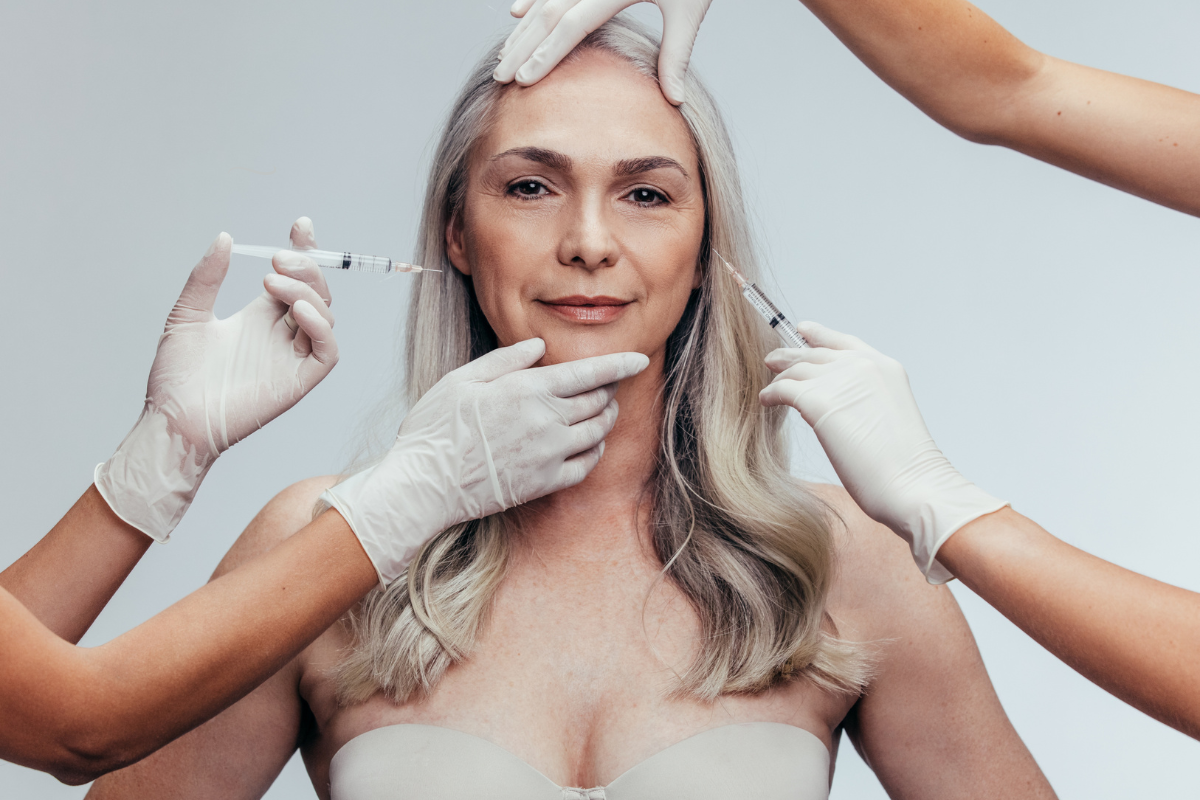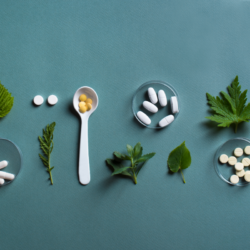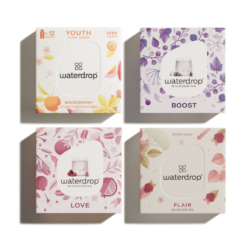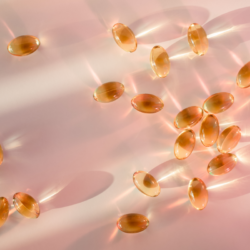Collagen is a protein that is essential for maintaining the structure and youthfulness of our skin. As we age, collagen production declines, leading to a loss of firmness and the appearance of wrinkles. The concept of ‘collagen banking’ is emerging as a strategy to prevent this loss by boosting and preserving the body’s collagen reserves. This article explores the various methods of accumulating and maintaining collagen, combining natural and medical approaches.
What is collagen?
Collagen is a structural protein found in many tissues, including skin, cartilage and ligaments. Consisting mainly of proline, hydroxyproline and glycine, it forms a triple helix that gives these tissues their strength and elasticity.
Collagen synthesis process
Fibroblasts, specialised cells in the dermis, synthesise collagen in several stages:
- Procollagen formation: In the fibroblasts, procollagen is synthesised thanks to the action of vitamin C.
- Conversion to tropocollagen: Once secreted from the cells, procollagen becomes tropocollagen.
- Assembly into fibrils: Tropocollagen is grouped into fibrils, which are then assembled into collagen fibres.
What causes collagen to break down?
Several factors contribute to collagen degradation:
- Ageing: Natural reduction in collagen production.
- Oxidative damage: Free radicals damage collagen fibres.
- Exposure to UV rays: Ultraviolet light weakens and degrades collagen.
- Pollutants and Diet: Environmental toxins and foods with a high glycaemic index accelerate the breakdown of collagen.
What is Collagen Banking?
Collagen banking consists of accumulating collagen reserves in order to slow down the effects of skin ageing. This proactive approach aims to maintain optimal levels of collagen to preserve the skin’s elasticity and firmness.
How can I boost collagen production naturally?
To boost collagen naturally, several strategies can be adopted:
- Diet: Include superfoods rich in antioxidants, such as green vegetables.
- Vitamins: Vitamin C is crucial for collagen synthesis.
- Hydration: Drinking enough water supports cellular processes.
- Food supplements: based on collagen peptides, they help to make up the shortfall.
What are the medical procedures for collagen banking?
Several medical procedures can increase collagen reserves:
- Radiofrequency: Uses radiofrequency like Renuvion to stimulate collagen production.
- Fractional lasers: devices such as Fraxel help to tighten the skin and stimulate collagen.
- Bio-stimulators: Injections of substances such as Sculptra or Radiesse to encourage collagen production.
How can I stimulate collagen production at home?
Home devices for collagen stimulation include:
- Microcurrent: Stimulates muscles for a temporary effect.
- LED lights
What diet should I adopt to boost my collagen banking?
Adopting the right diet is essential for promoting the synthesis and maintenance of collagen, which is crucial for collagen banking. By including specific nutrients in the diet (or consuming collagen-rich food supplements), you can not only support collagen production but also build up collagen reserves. Here are the key elements for an optimised diet:
1. Antioxidants
Antioxidants play a crucial role in protecting collagen from oxidative damage, supporting collagen banking efforts. They neutralise free radicals, which are unstable molecules capable of fragmenting and degrading collagen. The main sources of antioxidants include :
- Superfoods: Eat berries such as blueberries and raspberries, which are rich in polyphenols, to maximise the antioxidant effect.
- Green vegetables: Include kale, spinach and broccoli in your diet, as they contain lutein, vitamin C and carotenoids.
These foods boost the skin’s antioxidant defences, protecting collagen fibres against environmental stress and promoting collagen banking.
2. Reduce foods with a high glycaemic index
Foods with a high glycaemic index can accelerate the glycation process, where glucose binds to collagen proteins, making them rigid and less functional, which can compromise collagen banking. To minimise this risk:
- Reduce Sugar Consumption: Limit added sugars, sugary drinks, and pastries. Opt for natural sugars found in whole fruit to avoid collagen breakdown.
- Limit processed dairy products: Avoid dairy products rich in saturated fats and hormones, such as certain cheeses and sweetened yoghurts. Prefer alternatives such as fermented dairy products, which offer probiotic benefits without the harmful effects of processed products, thus supporting collagen banking.
3. Foods rich in vitamin C
Vitamin C is a vital cofactor in collagen synthesis and essential for collagen banking. It stabilises collagen fibres and promotes their cross-linking, thereby strengthening the skin’s structure. Food sources rich in vitamin C include :
- Citrus fruits: Eat oranges, lemons and grapefruit for a high vitamin C content.
- Cruciferous vegetables: Include broccoli and Brussels sprouts for their benefits on collagen synthesis.
- Peppers: Red and green peppers are particularly rich in vitamin C.
4. Eat more protein to preserve collagen
Proteins provide the amino acids essential for collagen formation, such as glycine, proline and lysine, thus supporting collagen banking efforts. Include in your diet :
- Lean meat: Choose chicken and turkey for their high-quality proteins.
- Fish: Eat fish such as salmon and mackerel for their fatty acid and protein benefits.
- Pulses: Lentils and chickpeas are excellent sources of vegetable protein.
5. Omega-3 and essential fatty acids for Collagen Banking
Omega-3 fatty acids help to reduce inflammation and maintain the integrity of cell membranes, which indirectly promotes collagen synthesis and supports collagen banking. Include these sources in your diet:
- Oily fish: Such as salmon, sardines and mackerel, which are rich in omega-3.
- Seeds: Flax and chia seeds are good plant sources of omega-3.
- Walnuts: Walnuts are rich in essential fatty acids that are good for the skin.
6. Drink enough
Hydration is essential for maintaining the skin’s elasticity and suppleness, contributing to collagen banking. Drinking enough water helps create an optimal cellular environment for collagen synthesis. Make sure you consume at least 1.5 to 2 litres of water a day to maximise skin health.





